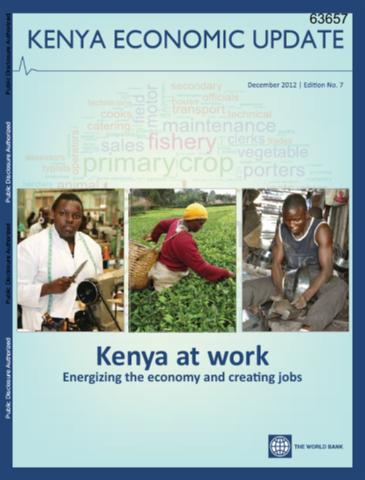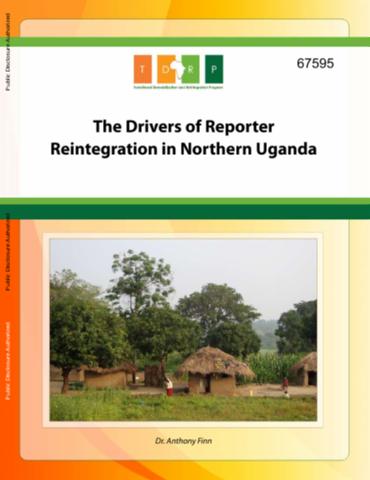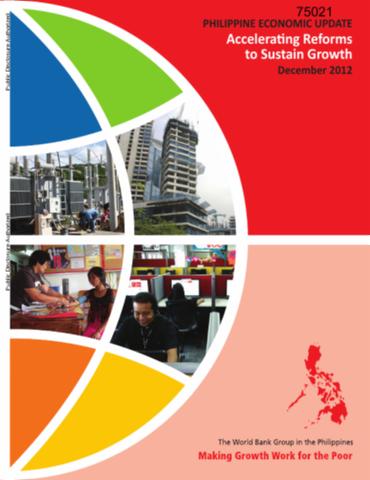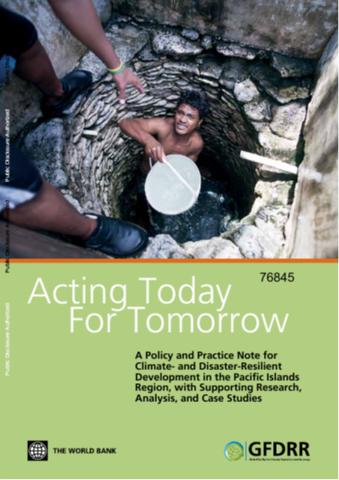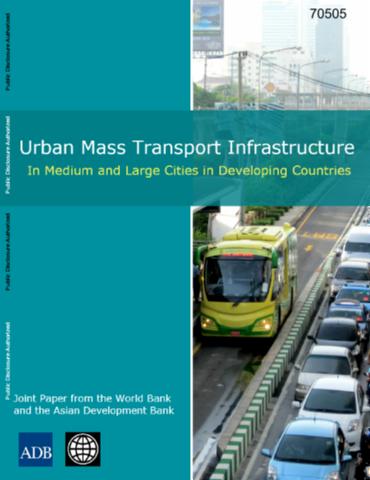The World Bank is a vital source of financial and technical assistance to developing countries around the world. We are not a bank in the ordinary sense but a unique partnership to reduce poverty and support development. The World Bank Group has two ambitious goals: End extreme poverty within a generation and boost shared prosperity.
- To end extreme poverty, the Bank's goal is to decrease the percentage of people living on less than $1.25 a day to no more than 3% by 2030.
- To promote shared prosperity, the goal is to promote income growth of the bottom 40% of the population in each country.
The World Bank Group comprises five institutions managed by their member countries.
The World Bank Group and Land: Working to protect the rights of existing land users and to help secure benefits for smallholder farmers
The World Bank (IBRD and IDA) interacts primarily with governments to increase agricultural productivity, strengthen land tenure policies and improve land governance. More than 90% of the World Bank’s agriculture portfolio focuses on the productivity and access to markets by small holder farmers. Ten percent of our projects focus on the governance of land tenure.
Similarly, investments by the International Finance Corporation (IFC), the World Bank Group’s private sector arm, including those in larger scale enterprises, overwhelmingly support smallholder farmers through improved access to finance, inputs and markets, and as direct suppliers. IFC invests in environmentally and socially sustainable private enterprises in all parts of the value chain (inputs such as irrigation and fertilizers, primary production, processing, transport and storage, traders, and risk management facilities including weather/crop insurance, warehouse financing, etc
For more information, visit the World Bank Group and land and food security (https://www.worldbank.org/en/topic/agriculture/brief/land-and-food-security1
Resources
Displaying 3026 - 3030 of 4907Kenya Economic Update, December 2012
Kenya withstood another difficult year in 2012 as policy tightening and weaker global demand slowed economic activity. With decisive fiscal and monetary policies, the government managed to restore confidence in Kenya's medium term prospects. Kenya's growth rate is still below its potential and its peers, external imbalances remain which threaten its future growth, and the pace of economic growth is not generating enough modern sector wage jobs.
The Drivers of Reporter Reintegration in Northern Uganda
The World Bank commissioned this report as part of a set of studies concerned with the Uganda Demobilization and Reintegration Program and the Amnesty Commission. The study represents one element of the set of studies which included the Final Independent Evaluation of the Uganda Emergency Demobilization and Reintegration Project (UgDRP), Reporter Reintegration Survey and Community Dynamics Survey, and a study on the relationship between the Amnesty Commission and its DDR Implementing Partners study.
Philippine Economic Update, December 2012
The Philippine economy has emerged as one of the fastest growing economies in East Asia, with growth accelerating to 7.1 percent in the third quarter. The acceleration of domestic demand since the first quarter of 2012 reflects the country's strong macroeconomic fundamentals, stronger government finances, and high confidence in the Aquino government's commitment to reform.
Acting Today for Tomorrow
Pacific island countries continue to be among the most vulnerable in the world: they combine high exposure to frequent and damaging natural hazards with low capacity to manage the resulting risks. Their vulnerability is exacerbated by poorly planned socioeconomic development, which has increased exposure and disaster losses, and by climate change, which has increased the magnitude of cyclones, droughts, and flooding. Currently, inefficient management of risks negates development gains and incurs large costs for national and local governments.
Urban Mass Transport Infrastructure in Medium and Large Cities in Developing Countries
Developed at the request of the Mexican G20 Presidency for consideration by the Finance Ministers and Central Bank Governors at the G20 Leaders' Summit in Mexico, and jointly prepared with the Asian Development Bank, this policy paper positioned green transport in the context of cities development. Urban transport determines the shape of a city and its ecological footprint. Many cities in low and middle income countries are at a crossroads.






